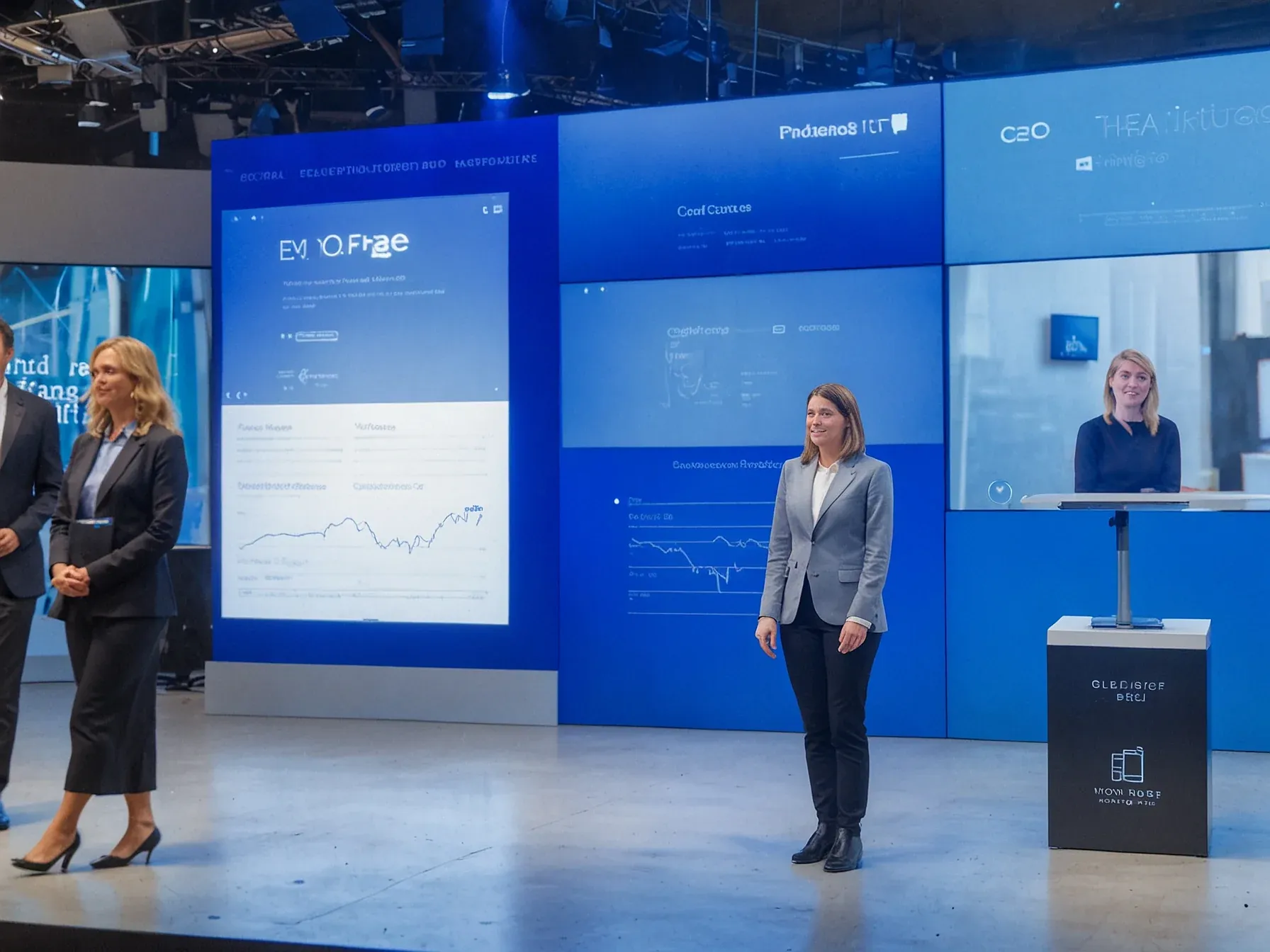
Editorial illustration for CRED Deploys AI Assistants Cleo, Thea, and Stark to Elevate Customer Service Experience
CRED's AI Concierge: Cleo, Thea, and Stark Transform Service
CRED uses AI with Cleo, Thea and Stark to build concierge-level service
Customer service is about to get a serious upgrade at CRED. The fintech company has introduced three AI assistants, Cleo, Thea, and Stark, designed to transform how users interact with financial services.
These aren't just chatbots. They're sophisticated AI systems crafted to provide personalized support across different operational domains, from direct customer interactions to backend processes.
CRED's strategic move signals a deeper commitment to reimagining digital customer experience. By deploying specialized AI assistants, the company aims to bridge the gap between traditional customer service and modern technological support.
Each assistant appears targeted for a specific function: customer engagement, agent support, and operational optimization. This nuanced approach suggests CRED isn't simply building AI, but carefully engineering a full service transformation.
The goal? Creating what the company describes as a "concierge-level" experience that goes beyond standard digital interactions. And they're betting big on AI to make that happen.
Together with Cleo, Thea, and Stark--tailored for customers, agents, and operations with the help of AI--we're moving closer to our goal of creating a true concierge experience built on trust, reliability, security, and exceptional design. "With the help of AI--we're moving closer to our goal of creating a true concierge experience built on trust, reliability, security, and exceptional design." As with any new technology, there was initial skepticism. But once teams saw results through our internal evaluation framework (which also uses OpenAI models), confidence grew quickly.
The biggest surprise has been how fast people adapt once they experience real unlocks. They see that they can be exponentially more effective and efficient with AI. Next, we're expanding Cleo across all business lines.
We're also building tools that detect "data dead-ends"--cases where user queries can't be answered--and feed them back into our knowledge base to improve our SOPs in real time. Our broader goal is for every team member, across every function like engineering, QA, infra, compliance to become 10x more efficient. As the ecosystem evolves, success will depend on how fast and how right we can act, identifying the right insights from noise and making accurate decisions at speed.
Every company must identify what's most important whether it's efficiency, effectiveness, or both, and then leverage AI in alignment with their values. For us, incorporating OpenAI's technology has been a true unlock across two of our values: compounding and being fast and right. The early results are encouraging, and we're focused on amplifying and scaling that impact.
CRED's latest move signals a bold reimagining of customer service through AI. The company has introduced three distinct AI assistants, Cleo, Thea, and Stark, each designed to enhance different aspects of their service ecosystem.
These AI tools aren't just technological experiments. They represent a strategic approach to building what CRED describes as a "true concierge experience" focused on trust, reliability, and exceptional design.
Initial skepticism appears to have given way to tangible results. By tailoring AI assistants specifically for customers, agents, and operational teams, CRED seems committed to a nuanced buildation of artificial intelligence.
The deployment suggests more than a surface-level tech upgrade. It hints at a deeper integration of AI that goes beyond simple automation, aiming to create more personalized, responsive interactions.
While the full impact remains to be seen, CRED's approach appears thoughtful. By developing assistants with distinct roles, Cleo, Thea, and Stark, the company is demonstrating a sophisticated understanding of AI's potential in service environments.
Further Reading
- How CRED is using AI to deliver concierge-like experiences for India's affluent consumers - Business Today
- CRED's AI concierge hits 98% resolution accuracy and a 14% - Complete AI Training
- CRED's AI: 10X Team Effectiveness - AI of the Tiger - Tiger AI Tech
- How CRED is using AI to deliver concierge-like ... - Benzatine
Common Questions Answered
How do CRED's AI assistants Cleo, Thea, and Stark differ from traditional chatbots?
Unlike traditional chatbots, CRED's AI assistants are sophisticated systems designed to provide personalized support across different operational domains. They are specifically tailored for customers, agents, and operations, aiming to create a comprehensive concierge experience with advanced AI capabilities.
What is the strategic goal behind CRED's introduction of these AI assistants?
CRED aims to create a true concierge experience built on trust, reliability, security, and exceptional design through these AI assistants. The company is strategically reimagining customer service by deploying AI tools that can enhance interactions across different aspects of their service ecosystem.
What unique roles do Cleo, Thea, and Stark play in CRED's customer service approach?
Each AI assistant is designed for a specific operational domain: Cleo focuses on direct customer interactions, Thea supports service agents, and Stark handles backend processes. This targeted approach allows CRED to provide more personalized and efficient customer service across multiple touchpoints.



